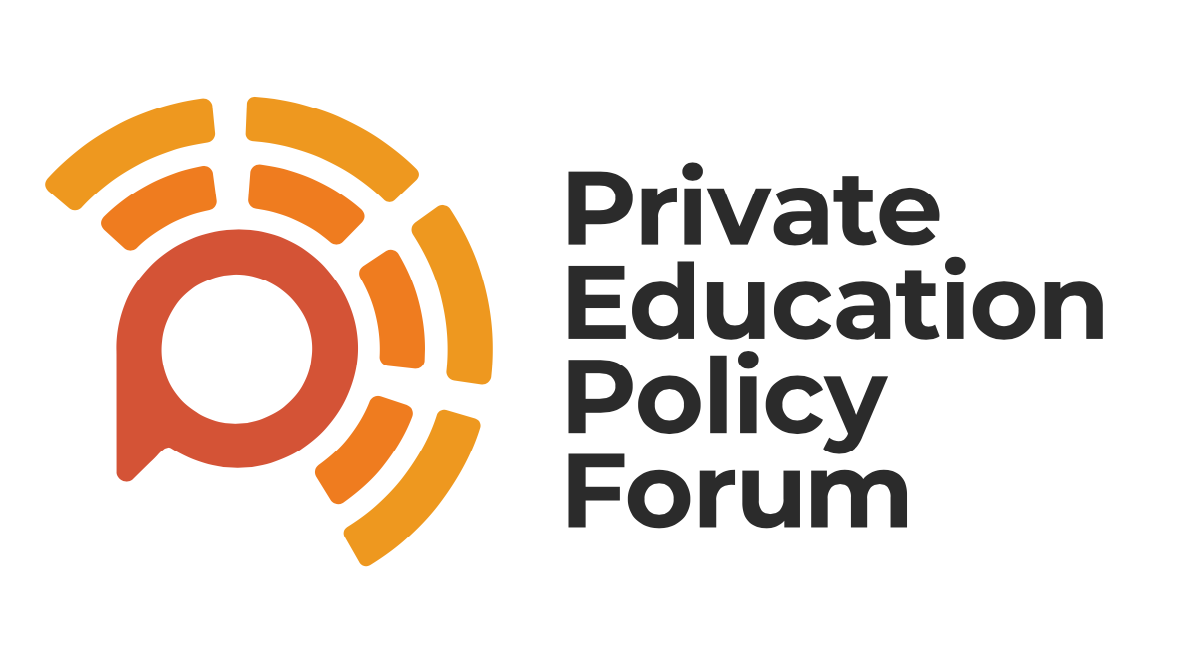Francis Green

Unless you are one of the lucky few who made it to a green list country and chose not to read the news last week, you will have noticed the explosion of frustration and disbelief last week at the huge proportion of top grades handed to pupils at private, fee-paying schools.
In 2019 (the last time we had real exams), just 44 per cent of A-level grades at private schools were at A or A*. But when private school teachers were asked to predict their students’ grades two years later, that has jumped to 70 per cent.
That’s a 26 percentage point jump. Think about that for a moment.
Obviously, it’s grade inflation: teachers who are over-predicting how their pupils would have performed.
It happened in state schools, too. At state comprehensives, 39 per cent of A-level grades were at A or above, which was up from 20 per cent in 2019. That’s a 19 percentage point jump – less than for private schools.
Does this tell us that grade inflation is more widespread in private schools? There have been many claims of parents placing pressure on private school teachers to give good results.
Look at this from a private school teacher: ‘The kids are alright but the parents have been a total nightmare’. Or this from Paul Brand, UK editor at ITV News: ‘Teachers I’ve spoken to say private schools generally overestimate…whereas state schools tend to underestimate.’
At the same time, we know A-level results are usually better at private schools, not because they are hubs of “excellence” as is so often claimed, but because of the huge advantage they have in resources (it’s about three times the funding state schools get on average). Many private schools are also academically selective.
What’s happened is that this vast money gap has stretched the attainment gap even wider during the pandemic lockdowns.
Private school pupils are mainly from affluent homes with space and facilities for home studying, unlike many state school pupils. Remember that only one per cent of places in private schools are completely free, and therefore available to the average UK family.
All this has reduced university admissions officers’ room for discretion. In normal times admissions officers can be sensitive to an applicant’s circumstances but, with the ‘elite’ universities already too full from last year, many are turning away students from disadvantaged backgrounds who narrowly missed their grades.
This is devastating for the average UK student.
Many will have been working during lockdowns on a shared laptop with siblings, in tower blocks or small homes with little private space.
Or they may have had very few inspiring or aspirational role models around them and, without a school to physically go to, have been cut off from any they had there (a Zoom doesn’t cut it for those all-important relationships).
In the long term, the risk is that the life opportunities for some state school pupils could be badly affected by their loss of learning in the lockdown, if they do not gain a place at their university of choice.
It’s just wrong that this year’s grades should carry such high stakes.
But enough frustration. What is to be done?
At the think tank I co-founded, Private Education Policy Forum, we’re calling for three things.
First, full transparency: we have only anecdotes about parent pressure and teacher capitulation. Of course, we may never get the full truth as many schools will be unwilling to admit whether pressure was placed on them.
But we need full transparency from Ofqual about how much the scrutiny process around results tackled the issue of pressure placed on teachers. The Royal Statistical Society has also called for this.
We also need to know how much the social composition of students accepted into higher education has been affected – are there more disadvantaged students accepted onto their first choice courses, or fewer? This is something the Office for Students could surely reveal before long. They must urgently look through the statistics and tell us.
Second, and even more urgently, universities must prioritise higher education places for those from tougher socio-economic backgrounds over those with the same grades from fee-paying schools and more affluent backgrounds. And they must also provide a much higher level of support than normal when they arrive.
Don’t ask students who may be the first in their family to go to university to be the first in their family to take a gap year. They may lose confidence and never come back.
If they have to, universities must ask wealthier students to take this hit. It’s not ideal, but it’s fairer.
In fact, wealthier students are often more onboard with such social justice calls intended to help their more disadvantaged peers than the private school body representatives themselves are (who have previously claimed this is “discrimination”). Many of these wealthier students are likely to be very understanding of such measures.
Universities must also do everything in their power to increase their efforts to engage, inspire and care for students who join them in September.
Remote check-ins are not enough, and this will be particularly important for disadvantaged students.
Endless remote lectures are also not enough – many university students report finding them demoralising. If it can be reasonably safe, students should be given the full, immersive university campus experience with plenty of pastoral and tutor support on offer if needed.
Third, universities ought to remember that next year, even if we have normal exams, there will be many disadvantaged state school students who have been badly hampered in the first year of their sixth form. Admissions officers must remember to properly take this into account when making offers next year.
Last week has happened. Now Ofqual and the Office for Students should find out exactly what happened – and universities must move at lightning speed to contain the fallout.
Francis Green is a co-founder of Private Education Policy Forum, a think tank on reducing inequalities relating to private schools and education, and professor of work and education economics at the Institute of Education, University College London




All students taking exams benefitted from grade inflation. Your analysing the data using percentage points to “prove” independent schools are guilty of a disproportionate amount is bending the figures to suit your argument. Yes, Independent schools showed a 59% improvement in grades when compared to 2019. However, state school pupils benefitted from a 95% increase.
95%